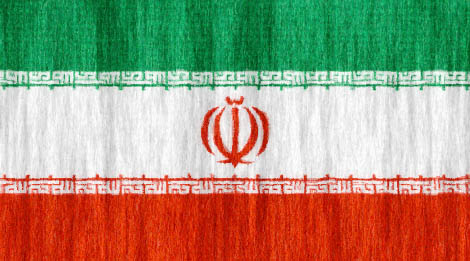Reuters/Dubai
A committee of Iran’s conservative-dominated parliament gave its support yesterday to Iran’s nuclear agreement with world powers on condition there would be no foreign inspections of military sites and no curbs on developing its missile programme.
These proposals, contained in a report by a special parliamentary committee evaluating the agreement, could become law if passed by the assembly and approved by a top clerical body that vets proposed legislation.
Iran’s Supreme Leader Ayatollah Ali Khamenei said on September 3 he favoured a vote in parliament on the nuclear deal, but it will still go to him, as the country’s highest authority with the ultimate say on all state policy, for approval.
Many see the chance of the leadership eventually rejecting the deal as small, since Tehran needs the removal of sanctions to revive its economy.
However, while the agreement is meant to last many years, there is a risk it could fall apart one day if Iran or its counterparties determine the terms have been breached.
As a result powerful factions in Iran continue to voice scepticism about the accord to try to shield themselves from a politically-damaging backlash in the event that it falls apart.
The deal reached with six world powers on July 14 imposes strict limits on Iran’s nuclear programme in exchange for relief from sanctions, easing decades of mounting hostility with the West. The West suspects the programme was aimed at developing the means to build an atomic bomb. Tehran says it seeks only peaceful atomic energy.
“The vital necessity of protecting military secrets makes it imperative to ban visits of foreigners to (military installations) under the guise of inspections and interviews with nuclear scientists,” the report carried by Fars state news agency said.
“In order to guarantee the country’s security ... special attention should be given to missile capability ... and helping countries which fight terrorism and fulfilling the military needs of friendly countries,” the report, also carried on state broadcaster IRIB’s website, added.
The report also said the government should suspend its measures limiting Iran’s nuclear programme under the agreement if any sanctions are reimposed.
The parliament set up the committee to assess the agreement despite opposition by the government of pragmatic President Hassan Rouhani, which said the deal should only be reviewed by Iran’s top national security body.
In September, the head of the UN nuclear watchdog said environmental samples had been taken at a sensitive military site in Iran, citing “significant progress” in its investigation of Tehran’s past activities.

